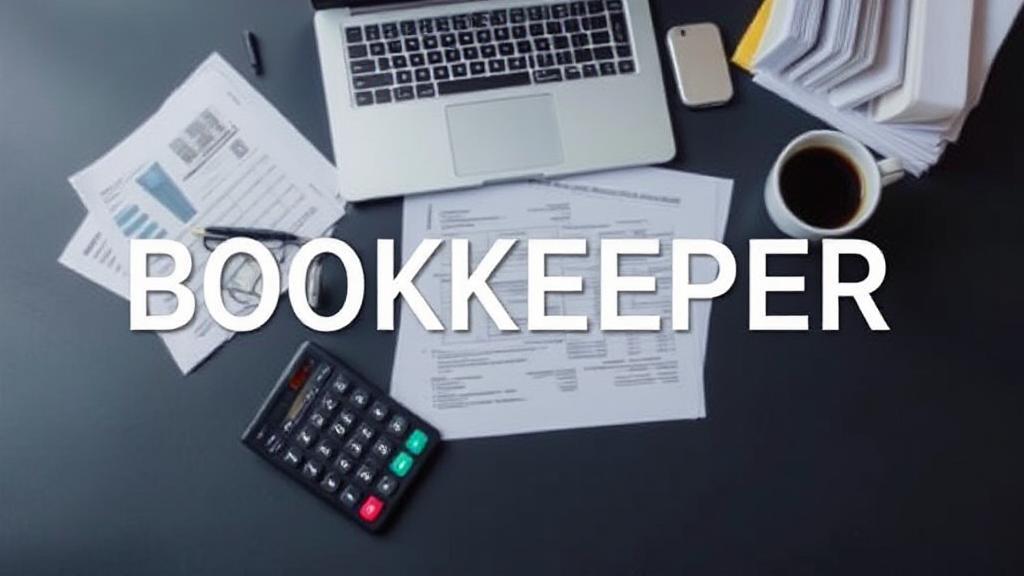Introduction
In the world of finance and business, a bookkeeper plays a crucial role in maintaining the financial health of an organization. Bookkeepers are responsible for recording and managing all financial transactions, ensuring accuracy and compliance with relevant laws and regulations. Their work forms the foundation for accurate financial reporting and informed decision-making.
Core Responsibilities
Recording Financial Transactions
One of the primary duties of a bookkeeper is to record all financial transactions accurately. This includes:
- Sales and Revenue: Documenting all sales transactions and ensuring that revenue is recorded correctly
- Purchases and Expenses: Keeping track of all purchases and expenses, including receipts and invoices
- Payments and Receipts: Recording all payments made and received, ensuring that they are logged in the correct accounts
- Categorizing expenses and income properly
- Maintaining digital or physical copies of receipts
Bank Reconciliation
Bookkeepers must regularly compare internal financial records with bank statements to ensure accuracy and identify any discrepancies. This process typically involves:
- Matching transactions
- Identifying outstanding items
- Investigating unusual entries
- Making necessary adjustments
- Documenting the reconciliation process
Financial Statement Preparation
Bookkeepers compile various financial statements, including:
- Balance sheets
- Income statements
- Cash flow statements
- Accounts payable aging reports
- Accounts receivable aging reports
Compliance and Reporting
Tax Documentation and Preparation
Bookkeepers must maintain organized records for tax purposes and assist with tax preparation:
Regulatory Compliance
Staying current with financial regulations and ensuring compliance with:
- Generally Accepted Accounting Principles (GAAP)
- Local tax laws
- Industry-specific regulations
- Internal control procedures
Technology and Systems Management
Software Expertise
Modern bookkeepers must be proficient in various accounting software platforms, such as:
- QuickBooks
- Xero
- FreshBooks
- Microsoft Excel
Skills Required
To excel in bookkeeping, certain skills are essential:
- Attention to Detail: Ensuring accuracy in all financial records and transactions
- Organizational Skills: Managing multiple tasks and maintaining organized records
- Technical Proficiency: Familiarity with accounting software
- Analytical Skills: Ability to analyze financial data and generate insights
- Communication Skills: Excellent interpersonal and written communication abilities
Risk Management
Internal Controls
Implementing and maintaining:
- Separation of duties
- Documentation requirements
- Authorization procedures
- Regular audits
- Security protocols
Data Security
Protecting financial information through:
- Secure software systems
- Regular backups
- Password protection
- Access controls
- Encryption methods
Professional Development
To stay effective, bookkeepers should:
- Pursue continuing education
- Stay updated on industry trends
- Learn new accounting software
- Attend relevant workshops
- Network with other professionals
For more information on bookkeeping and related careers, consider exploring resources from the American Institute of Professional Bookkeepers or the National Association of Certified Public Bookkeepers.
